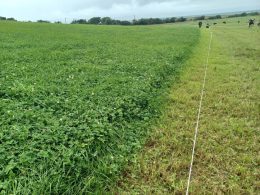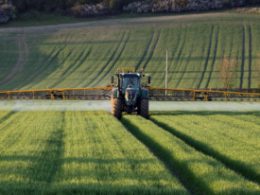Changing the way we farm is not only crucial for the future of our planet, but it’s also a vital step towards ensuring a sustainable food system. The current agricultural practices are not only harming the environment but also the people involved in the process. The good news is that there are many innovative solutions being developed to make farming more sustainable and environmentally friendly.
The current agricultural practices are based on intensive farming methods that rely heavily on chemical pesticides, herbicides, and fertilizers. These chemicals not only harm the environment but also contaminate the soil, water, and air. Moreover, they also have negative impacts on human health, causing respiratory problems, cancer, and other diseases.
However, there are many alternative farming methods that are being developed to make farming more sustainable and environmentally friendly. These methods include organic farming, permaculture, regenerative agriculture, and agroecology. These methods focus on using natural and organic methods to control pests and diseases, and to improve soil health.
Organic farming, for example, uses natural methods to control pests and diseases, such as introducing beneficial insects and using natural pesticides. Permaculture, on the other hand, focuses on designing sustainable ecosystems that mimic nature. Regenerative agriculture aims to regenerate the soil, improve biodiversity, and promote ecosystem services. Agroecology, meanwhile, focuses on applying ecological principles to agriculture to promote sustainable food systems.
These alternative farming methods not only benefit the environment but also the people involved in the process. They provide better working conditions, improve food security, and promote social justice. Moreover, they also promote biodiversity, improve soil health, and reduce greenhouse gas emissions.
In conclusion, changing the way we farm is crucial for the future of our planet. We need to adopt sustainable and environmentally friendly farming methods that promote biodiversity, improve soil health, and reduce greenhouse gas emissions. We also need to promote social justice and improve working conditions for farmers. By doing so, we can ensure a sustainable food system that benefits both people and the planet.
As the world’s population continues to grow, it’s essential that we find ways to produce more food while minimizing the impact on the environment. By adopting sustainable farming practices, we can ensure a food-secure future for generations to come.









